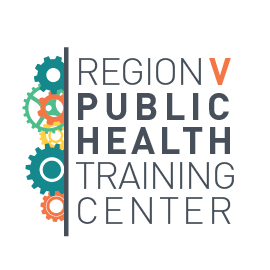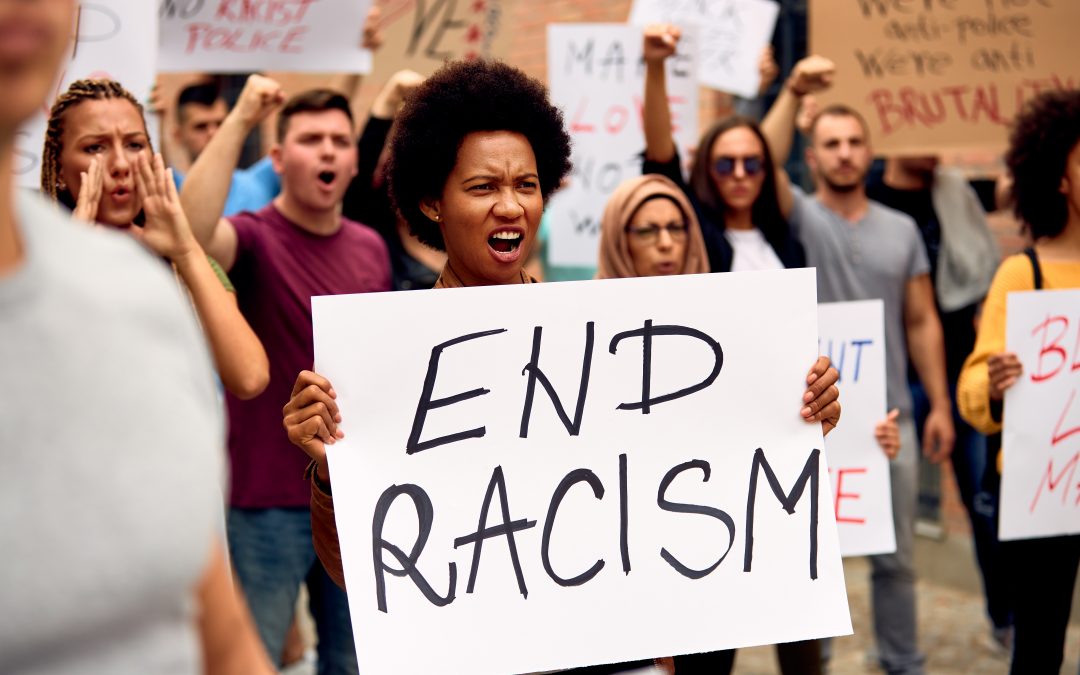By Makeda C. Porter, MSW, Columbus Public Health, Center for Public Health Innovation
According to the Government Alliance on Race and Equity, “Racial inequities are not random; they have been created and sustained over time. Inequities will not disappear on their own.” We all share responsibility for dismantling racism in our communities. Racism is at the root of inequities, not race. It is not the color of one’s skin that can make one vulnerable to poor health outcomes, but rather the structural inequities that have historically advantaged, and continue to, advantage those with white skin.
The COVID-19 crisis shone a national spotlight on health inequities. Per a CBS News report, “African Americans are more likely to work in jobs that can expose them to the virus, less likely to be able to take time off from work and more likely to be the sole breadwinner for their family. Such factors, a legacy of the country’s long history of racism and segregation, compounds the higher incidence of underlying health conditions among blacks that make COVID-19 deadlier for Black, Latino and Native people.”
Frontline workers were expressing feelings of being undervalued and exhausted.
The article mentioned above is reflective of the political polarization amidst the COVID pandemic lockdown continuance and the civil unrest that erupted as a result of the murder of George Floyd on May 25, 2020. Floyd’s death spurred national protests and a resurgence of the Black Lives Matter movement. According to a New York Times article, “The recent Black Lives Matter protests peaked on June 6 [2020], when half a million people turned out in nearly 550 places across the United States.” An NPR investigation has found that “Since 2015, police officers have fatally shot at least 135 unarmed Black men and women nationwide.”
The historical connection between slavery and policing in America has been extensively researched and cited. The roots of health inequities are clearly connected to systemic racism and slavery in America. A New York Times article from June 2020 documents, “The nation will see between 5,000 to 7,000 deaths from Covid-19 each week over the next month. But public health experts emphasized that police violence against black people in America also represents a public health crisis. The anger over economic, social and health disparities fueling the protests, health experts said, are reflected in sharply higher rates of coronavirus-related death and illness among black Americans.” This is the social context in which Columbus Public Health’s (CPH) Center for Public Health Innovation in Ohio was driven to take action.
What can we do in this moment of heightened awareness around systemic racism and the associated health inequities?
In February 2020, Columbus Mayor Andrew Ginther declared racism a public health crisis. In response, a group of CPH staff and partners formed a planning committee that sought to educate participants on the history and language of racism and to provide them with the tools needed to discuss racial equity and use the provided tools and resources to take action in our organizations. The resulting 3-part Racial Equity through Action and Learning (REAL) summit series aimed to build capacity to advance racial equity and justice. The intent of conference planners was to provide participants with:
- Year 1: Laying the Groundwork: historical context on racism in America;
- Year 2: Talking the Talk: language around health equity; and
- Year 3: Walking the Walk: tools and resources for racial equity.
Starting with Laying the Groundwork, the first summit focused on defining racism as a public health crisis and provided an overview of the history of racism in America to help assure learners understood the root of the problem. The following year the focus of the REAL Summit was on Talking the Talk of racial equity. Participants were provided with language to effectively discuss racial equity and taught how to respond to situations that challenge racial equity. In the third installment, presenters provided participants with tools and resources – Walking the Walk. Actionable ways to address racial injustice within participants’ sphere of influence were outlined. As public health practitioners, we are laser-focused on “doing.” What can we do in this moment of heightened awareness around systemic racism and the associated health inequities? Our bandwidths were compromised due to the demands of the COVID response; however, our passion for the health of the public and racial equity resulted in an impactful series that was and is connected to present-day social justice issues and the work needed to combat them.
To learn more, check out these resources:
- CPH 2020 Racial Equity Summit recordings
- CPH 2021 Racial Equity Summit recording
- CPH 2022 Racial Equity Summit recording

